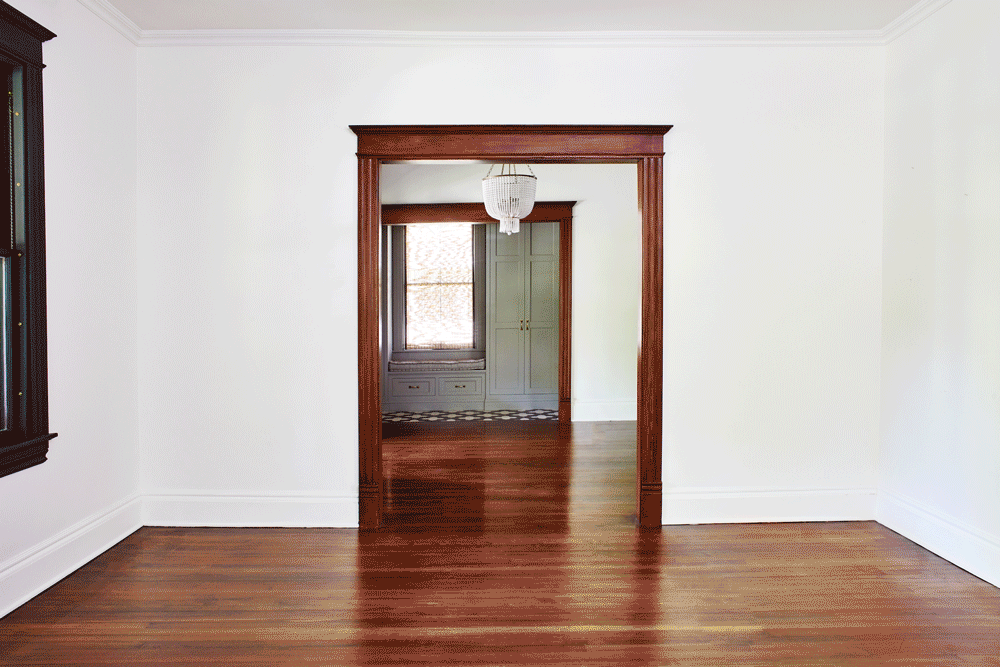Vendor | Contractor List
RECOMMENDED HOME INSPECTION COMPANY: ACCURATE INSPECTION LLC
If you are buying a home, an inspection could reveal problems you never would have noticed. An inspection can require the seller to fix what needs fixing before you buy the home. You could also find issues that make you decide not to buy. If you're a seller, an inspection can help you find problems before you put the house on the market, letting you make the repairs without wrangling over the cost with a potential buyer. Learn why you should get an inspection before selling your home.
A typical home inspection covers all major mechanical systems, structural integrity and cosmetic features this includes:
- Heating & cooling systems
- Electrical
- Plumbing
- Interior and exterior
- Garages
- Slabs
- Baths
- Kitchen- which includes cabinets, counters, sinks, faucets, garbage disposals and built-in appliances
- Exterior walls
- Parapets, trim
- Chimney
- Foundation
- Basement and crawl space
*Pest Inspections are typically conducted as a separate fee but are conducted the same day if requested.
Inspectors examine the attic and roof to assess the insulation, ventilation, framing, roof surface, flashing, penetrations, drainage, overhangs, gutters and downspouts.
Home Inspections range from $400-$600 and Sewer Scopes a bit less ranging from $250-$400 depending
on size of the home and the company. Home inspection should take approx. 2 hours or more, depending on the complexity of the job.
DAY OF INSPECTION
The inspector performs an initial site evaluation. Then the inspector takes you on a tour to point out the assets as well as any potential problems. Pay attention, watch, ask questions and learn. A thorough inspection can find problems related to water entry, roof leaks, insect infestation, unsafe wiring, failed septic systems, poor plumbing, wet basements, mold and mildew, and safety hazards.
At the end of the inspection, you receive a written report detailing all the findings. The report should contain photographs and descriptions of any damage or defects found during the inspection as well as details on the location of damage. Pictures help you understand the scope and location of the damage, and visual proof makes it easier to get repair estimates.
So how can an inspector have expertise in so many different things? The simple answer is: Some don't. That's why it's important to check an inspector's background and references.
Most home inspections are thorough, but even the best inspectors might not catch everything. The condition of the home is the 'snapshot' of that day. The home inspector is not going to find every possible thing wrong or that could go wrong. That's an unrealistic expectation.
CHOOSING THE RIGHT INSPECTOR
Look for an inspector before you shop for a home. If you choose a home first, time is critical and you may feel pressured to pick the first inspector you meet.
- Ask friends and family for recommendations or look up a list of local inspectors on the American Society of Home Inspectors website, (Ashi Website) Interview inspectors, ask about their backgrounds, the length of time they've been in the business, number of inspections they've performed and type of report they provide.
- Look for an inspector with a broad knowledge of a home's systems and structures, not just a specialized person; such as a plumber or electrician.
- Make sure your inspector is objective, independent and does not have any affiliation with the real estate agency selling the home.
- Choose an inspector who carries errors and omissions insurance.
- Take the time to speak with several inspectors and have confidence in their skills and demeanor.
- Be sure your inspector is familiar with the particular type of house you're considering. Homes of different ages, designs and materials each have special risks and offer special signs, symptoms and clues to hidden damage.
- Choose an inspector who can deliver a completed report with plenty of time for review.
- Request an electronic copy so you can email it to friends and family.
| COMPANY | INSPECTOR | PHONE | |
| Coastline Home Inspections | Rob Renfro | 425-330-4140 | |
| Amerispec Inspections | Lisa McIntosh | 253-839-7222 |
GOOD TO KNOW!
- Home Inspections range from $400-$600 and Sewer Scopes a bit less ranging from $250-$400 depending on size of the home and the company. Call around and interview them to make sure you find the best service and price for you.
- Home Inspections will take on average 2-3 hours (also depending on the size of home and inspector). It is important for you to be at the inspection so you know what is going on with the home first-hand and can ask questions.
- Our preferred list consists of inspectors we have a successful working history with. They are seasoned professionals, have extensive knowledge, and are honest, efficient, timely, respectful, thoughtful.
| COMPANY | INSPECTOR | PHONE | |
| Sewer Inspector | Mike Shafer | 253-370-2505 | |
| Emerald Sewer Inspection | Anthony Cuaresma | 206-619-6626 |
GOOD TO KNOW!
- Sewer Scopes take about an hour, and most will provide a video of the scope as their report. Oftentimes, depending on where the cleanout is located, you don’t have to be there unless you want to.
- Our preferred list consists of inspectors we have a successful working history with. They are seasoned professionals, have extensive knowledge, and are honest, efficient, timely, respectful, thoughtful.
A pest inspection generally focuses on wood-destroying insects. An inspector may discuss the following if found & give suggestions.
Recommended company: Bulwark Pest Control
COCKROACHES
Only a few varieties of cockroaches are able to infest homes in the United States, but these pests spread disease, smell bad, and are tricky to kill.
MICE AND RATS
Mice and Rats are on the hunt for a food supply and can contaminate up to 10 times more food than they actually eat. If they do get in, they can spread disease and even bite family members, so rodent pest control is a top priority.
TERMITES
Termite damage is extensive, causing at least five times more destruction than house fires in a single year. A termite infestation is serious and must be dealt with quickly by a professional.
BEETLES
Powder-post beetles are a group made up of several species of wood-boring insects that get their name from their ability to turn the inside of a piece of wood into powder. Commonly confused with carpenter ants and termites, powder post beetles are thought by some researchers to be the second leading cause of insect damage to homes in America.
ANTS AND CARPENTER ANTS
Ants are extremely stubborn and difficult to get rid of. Carpenter ants are more dangerous to the structure of your home and can be even more challenging to eradicate. Our inspection will show the presence of these little red pests or put your mind at ease, knowing they are not in your home.
FLEAS AND TICKS
Both of these critters can enter your home via your pets, so you will especially benefit from our Pest Inspection if you have a family dog or cat. For more information on pest control involving your pets, contact your veterinarian
for flea treatments.
SPIDERS
Most spiders are harmless, but a very small percentage are poisonous, like the brown recluse and the black widow.
We definitely want to inspect for these scary arachnids before the homeowner takes possession of the house.
SILVERFISH
Silverfish can do extensive damage to books and clothing. The best means for getting rid of silverfish is to catch them.
Get fronted for the cost of home improvement services with no interest — ever.
Compass Concierge is the hassle-free way to sell your home faster and for a higher price with services like staging, flooring, painting, and more.
Learn how Elinor Dofredo can help sell your home faster and for a higher price with Concierge.
| COMPANY | LENDER | PHONE | |
| Danny Meier | |||
| Churchill Mortgage | Leanne Truong | ||
| Homebridge Financial Services | Michael Gikas | ||
| NFM Lending | Mike Colagrassi | [email protected] | |
| Cross Country Mortgage | Paul Johnson & Johnson Team | [email protected] | |
| Home Trust Loans | Alex Louie | ||
| Columbia Mortgage | Caleb Knox | ||
| Legacy Group Capital | Eric McNamee | ||
| Mortgage Solutions Financial | |||
| NEXA Mortgage | Kam Sahota Middleton | 206-733-0747 | |
| Paul & Cindy Scobee | Team Scobee | (206) 455-0995 |



